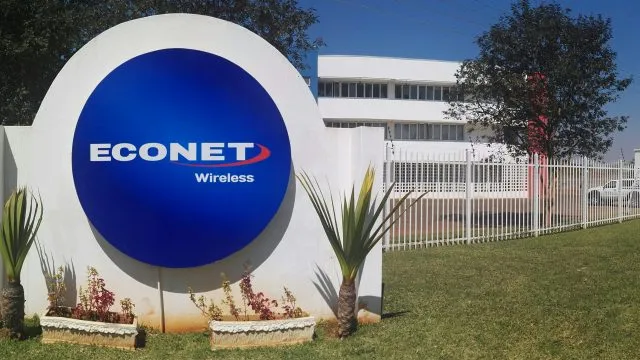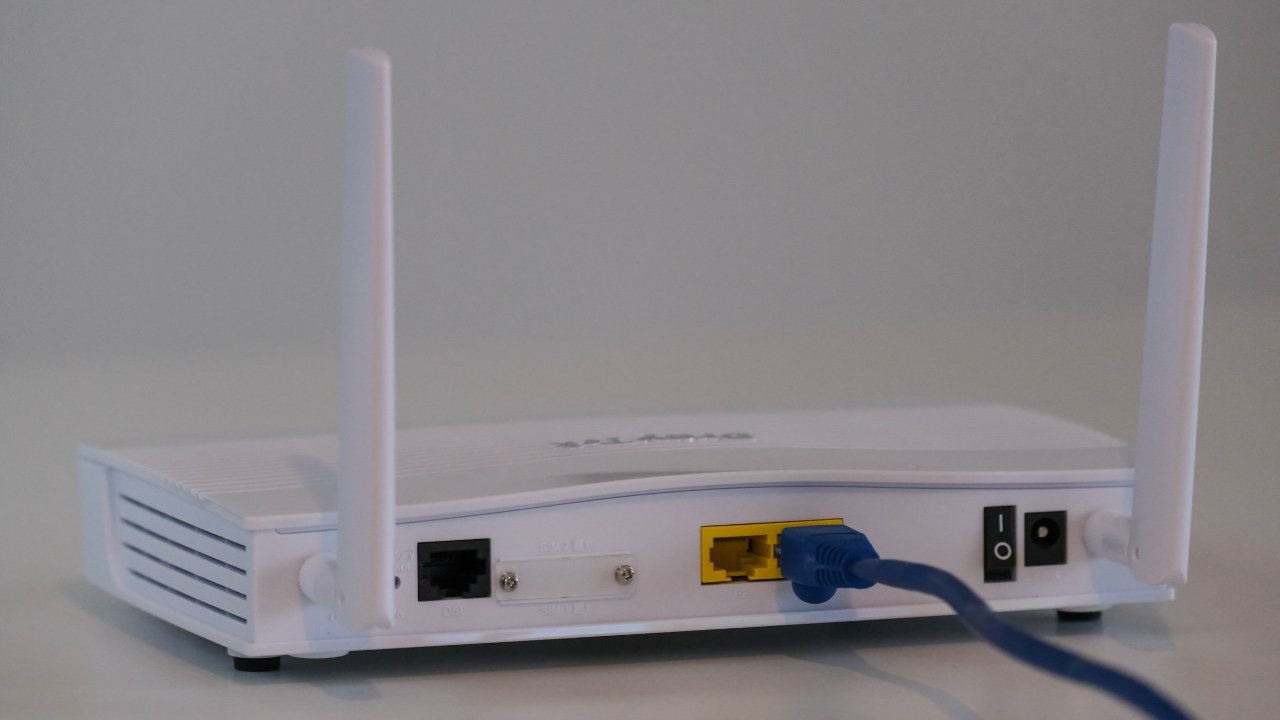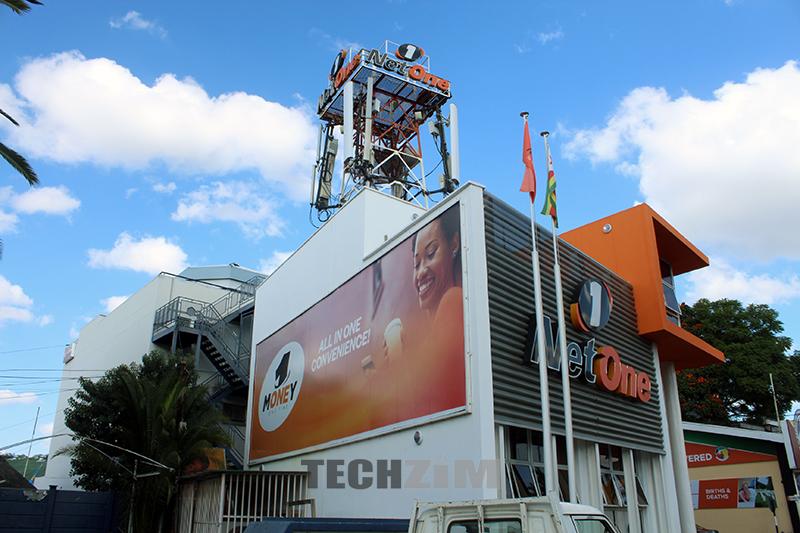
Econet Wireless is the largest telecommunications service provider in Zimbabwe, offering a range of products and services to its customers. One of its latest innovations is the Econet Self Care Website, a web application that allows customers to manage their own accounts with ease and convenience. In this article, we will review the features, benefits, and drawbacks of the Econet Self Care Website.
Features
The Econet Self Care Website can be accessed at selfcare.econet.co.zw. Customers need to register with their phone number and create a password to log in. Once logged in, customers can perform various tasks, such as:
- Check their balance and usage history
- Buy bundles and packages
- Activate and deactivate services
- Access customer support and FAQs
- View and edit their profile and preferences
The website is designed to be user-friendly and responsive, with a simple and intuitive interface. Customers can easily navigate through the different sections and tabs, and find the information and options they need.
Benefits
The Econet Self Care Website offers several benefits to customers, such as:
- Convenience: Customers can access and manage their accounts anytime and anywhere, without having to visit a shop, call a customer care agent, or use USSD codes.
- Control: Customers can monitor and track their data usage and spending, and adjust their plans and services according to their needs and budget.
- Customization: Customers can personalize their accounts and services, and choose from a variety of bundles and packages that suit their preferences and lifestyle.
- Customer service: Customers can get help and support from the website, and access FAQs and tutorials that answer common questions and issues.
Drawbacks
The Econet Self Care Website is not without its drawbacks, however. Some of the challenges and limitations that customers may face are:
- Accessibility: Customers need to have a stable internet connection and a compatible device to access the website. Customers who do not have access to these may not be able to use the website effectively.
- Security: Customers need to protect their login credentials and account information from unauthorized access and misuse. Customers who forget their password or lose their phone may have difficulty accessing or recovering their accounts.
- Errors: Customers may encounter technical glitches or errors on the website, such as slow loading, broken links, or incorrect information. Customers may need to contact customer care or report the issues to resolve them.
Conclusion
The Econet Self Care Website is a useful and innovative tool that enables customers to manage their own accounts with Econet Wireless. The website offers a range of features and benefits that enhance the customer experience and satisfaction. However, the website also has some drawbacks and challenges that customers need to be aware of and overcome. Overall, the Econet Self Care Website is a valuable addition to the Econet Wireless portfolio, and a commendable effort to improve the quality and efficiency of its services.





